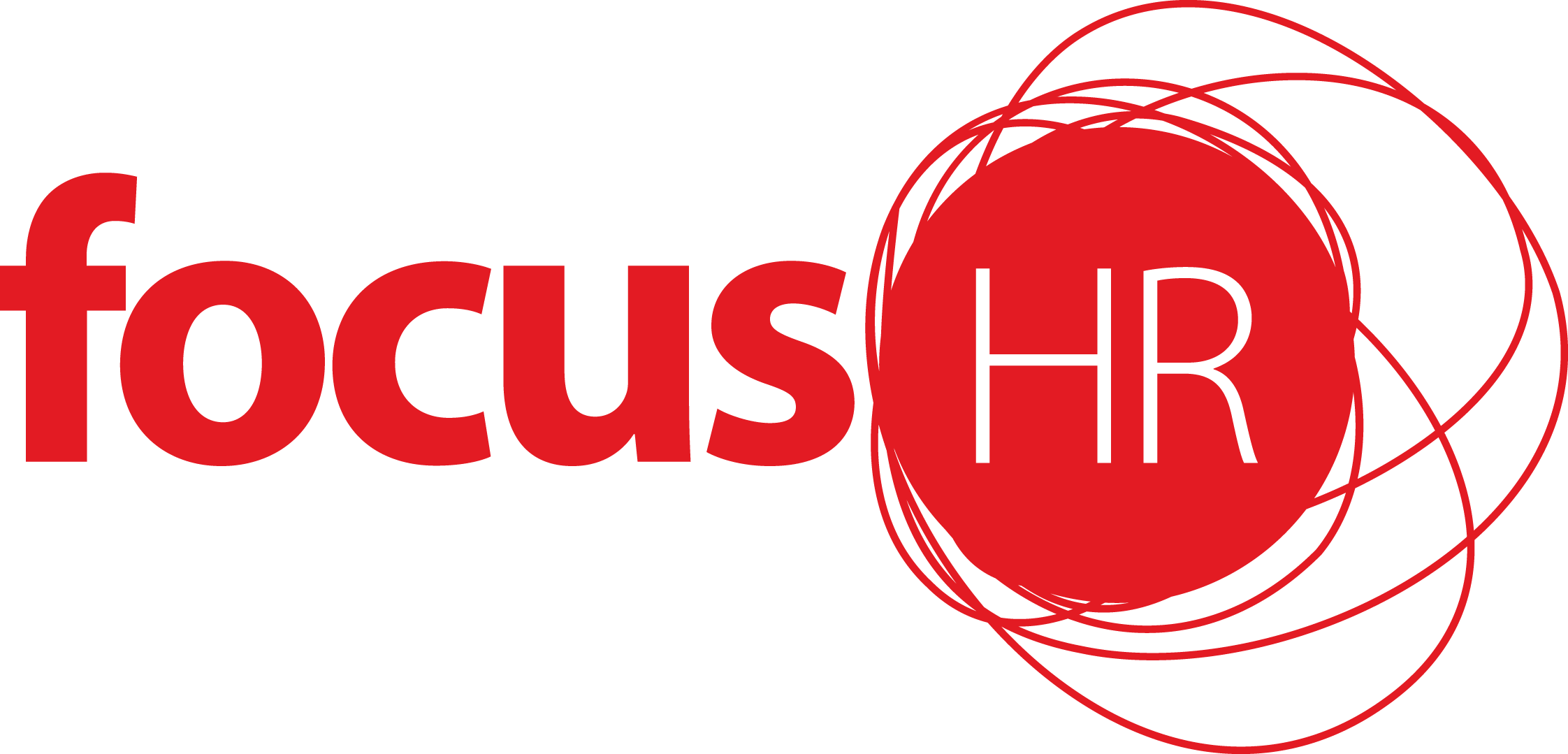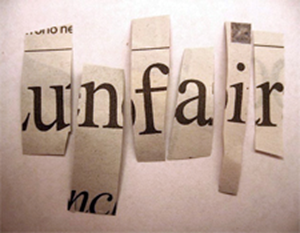Employers around Australia have been trying to understand what the latest casual employment case means with a very real possibility of casuals being able to ‘double dip’. But what are employees saying about this? How are fulltime and part-time employees feeling? And what do our casuals make of it all? I was interested to find out, and so I asked the question …I messaged about 50 contacts – both casuals and permanents, asking them ‘how do you feel about a casual earning 25% loading because they don’t have certainty and don’t get things like paid leave, now possibly being able to claim the paid leave on top of the 25%?’
The responses were many and varied and provided a fascinating insight into how we as a workforce think.
First off, the overwhelming sentiment from permanent employees was that it was unfair on a number of levels, the main points raised being:
- Double dipping is fundamentally unfair – those in fulltime and part-time jobs recognise that they have added benefits of accruing leave and having better job security, but a lot are also aware that in being permanent they do not receive casual loading.
- It is even more unfair on salaried staff who are not paid for additional hours worked and so by comparison, a casual employee not only receives pay for each and every hour worked, but also a 25% loaded and then potentially paid leave on top of that. Its a triple whammy in their eyes.
- If the employee has been offered permanent employment and rejected it in favour of the 25% loading, then they definitely should not be entitled to anything further.
- There was also an entirely different suggestion of having casuals able to opt for a smaller loading (say 5-10%) in return of the flexibility/insecurity of hours, but then they still accrue paid leave. Interesting approach to finding a middle ground!
Here’s the really interesting thing though – there was also an overwhelming sense of compassion for casuals. There was clear support for casuals being afforded as much stability as possible, particularly for long-term casuals. The responses nearly all held a note of sympathy for the uncertainty and insecurity that casuals face. They expressed a feeling of injustice when seeing people being kept as a casual long term and then not being able to take sick leave for themselves or carer’s leave for their kids because they simply couldn’t afford to have time off without pay. They recognised that casuals often have no notice of shift changes, no regularity of income and because of this, difficulty in accessing finance.
The theme was fairly clear – the 25% loading is fair (and should be sufficient in itself) when the casual arrangement is genuine and mutually beneficial. And in that scenario, being able to claim additional entitlements would be unfair to permanent staff who do not receive either the loading or the flexibility of opting in and out of hours. However, if the casual arrangement was not genuine, if the employee wanted to be permanent and was, for all intents and purposes treated as a permanent but just never offered the security of a permanent role, then there was sympathy for those casuals who want to fight to gain the additional benefits of paid leave and job security by converting to permanent employment … but its still not OK to double dip.
The other issue to raise its head was that this situation has a real possibility of creating a cultural divide in our workplaces. We’ve already heard deep grumblings about casual employees receiving the same JobKeeper payment as other fulltime or part-time staff while not having to do the same hours. And now, this new wave of dissention may create a further divide as permanent staff perceive casuals to be getting still more benefit. It’s the way the legislation works right now, and not the casual’s doing. Nonetheless, it is being flagged as something that is creating cultural issues in teams.
As always, there are two-sides to any argument, or in this case, many perspectives. What it boils down to is the same fundamental message that a lifelong career in the people profession has taught me. The right balance can always be found when we look at what is fair and respectful to all parties. In this instance, employers need to be genuine in their engagement of casuals and employees need to understand the pros and cons of casual vs permanent and accept that it is one or the other (not both).

